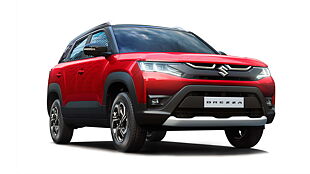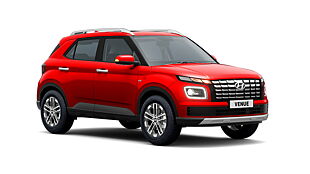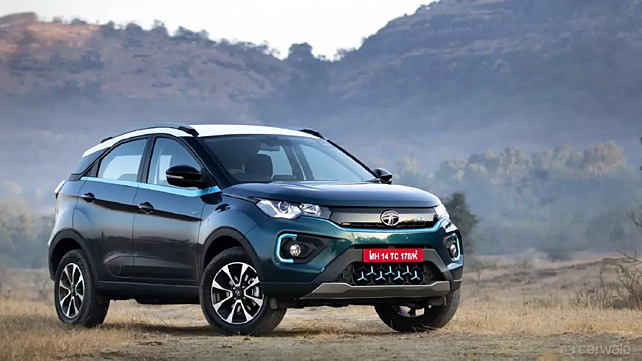
The four-wheeler segment of EV industry saw a de-growth of 5.8 per cent in FY 19-20 as compared to FY18-19. A total of 3400 cars were sold in the former as compared to 3600 cars in the latter. A report released by society of electric vehicle manufacturers said that decrease in numbers was attributed mainly to the lack of bulk purchase of E-cars in FY 19-20 and discontinuation of one of the leading car models.
The acceptability of electric cars in the premium segment in the second half of the year was a positive signal of a quantum jump of a much higher volume of E-cars in FY 20-21. The E-Taxi segment also got some traction, though the range of E-cars and lack of charging spots in enough density were a deterrent in the growth of E-taxi segment.
2019 was a significant year for electric cars in India. Tata launched the Nexon EV, MG launched the ZS EV and Hyundai launched the Kona electric. In this financial year, we can expect more EVs from Tata, Mercedes-Benz and Audi.
The electric vehicle market as a whole saw the movement of 1.5 lakh units in the FY19-20. Out of this, 152,000 were two-wheelers, 3400 cars and 600 buses. The corresponding sale for the FY 18-19 was 126,000 two-wheelers, 3600 cars and around 400 buses making a total of 130,000 units. This growth of 20 per cent had largely come from two-wheelers.
Commenting on the sales report, Sohinder Gill, director general, Society of Manufacturers of Electric Vehicles said, “The EV industry is taking shape and we believe that despite the COVID 19, the FY 20-21 will be a defining year for all the EV segments. While the EV industry is surely going to face the brunt of Covid19 like any other automotive business, the clearer skies and the cleaner air in even the worst polluting cities is certainly leaving a permanent impression in the minds of the customers about how they can breathe easy and remain healthy if the society moves towards E Mobility. The latest Harvard research of how PM2.5 pollution can multiply the risk of COVID deaths is a stark reality of how the pollutants of the IC vehicles can harm us and is certainly going to make the policymakers think on how to accelerate the EV growth.”

![Tata Nexon EV [2020-2022] Image Tata Nexon EV [2020-2022] Image](https://imgd.aeplcdn.com/272x153/n/cw/ec/42611/tata-nexon-ev-right-front-three-quarter6.jpeg?q=80)
![MG ZS EV [2020-2022] Image MG ZS EV [2020-2022] Image](https://imgd.aeplcdn.com/272x153/n/cw/ec/39348/zs-ev-exterior-right-front-three-quarter-2.jpeg?q=80)
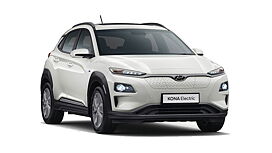
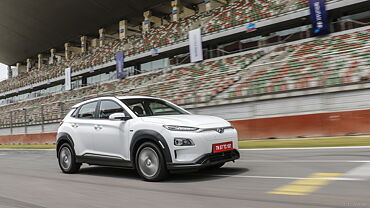
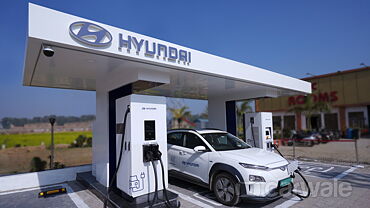
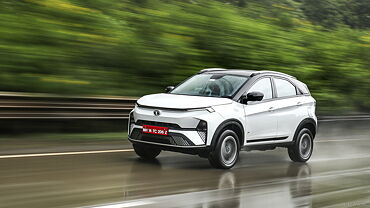
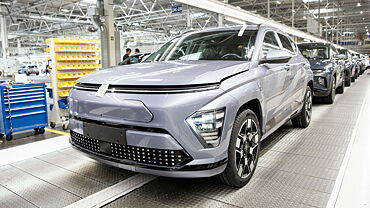
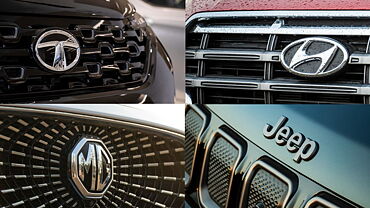
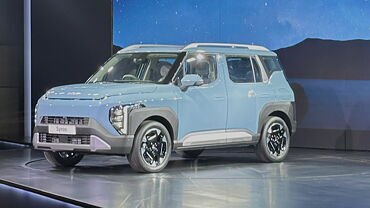


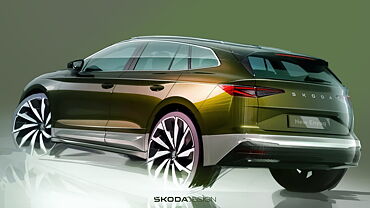


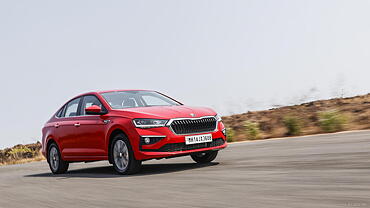
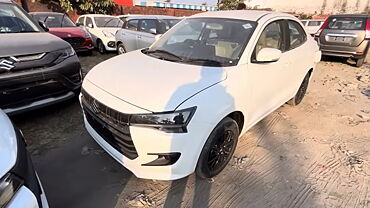


![Tata Nexon EV [2020-2022] Right Front Three Quarter Tata Nexon EV [2020-2022] Right Front Three Quarter](https://imgd.aeplcdn.com/199x112/n/cw/ec/42611/tata-nexon-ev-right-front-three-quarter6.jpeg?q=80)
![Tata Nexon EV [2020-2022] Right Front Three Quarter Tata Nexon EV [2020-2022] Right Front Three Quarter](https://imgd.aeplcdn.com/199x112/n/cw/ec/42611/nexon-ev-exterior-right-front-three-quarter-2.jpeg?q=80)
![Tata Nexon EV [2020-2022] Left Rear Three Quarter Tata Nexon EV [2020-2022] Left Rear Three Quarter](https://imgd.aeplcdn.com/199x112/n/cw/ec/42611/nexon-ev-exterior-left-rear-three-quarter.jpeg?q=80)
![Tata Nexon EV [2020-2022] Dashboard Tata Nexon EV [2020-2022] Dashboard](https://imgd.aeplcdn.com/199x112/n/cw/ec/42611/nexon-ev-interior-dashboard.jpeg?q=80)
![Tata Nexon EV [2020-2022] Steering Wheel Tata Nexon EV [2020-2022] Steering Wheel](https://imgd.aeplcdn.com/468x263/n/cw/ec/42611/nexon-ev-interior-steering-wheel.jpeg?q=80)







